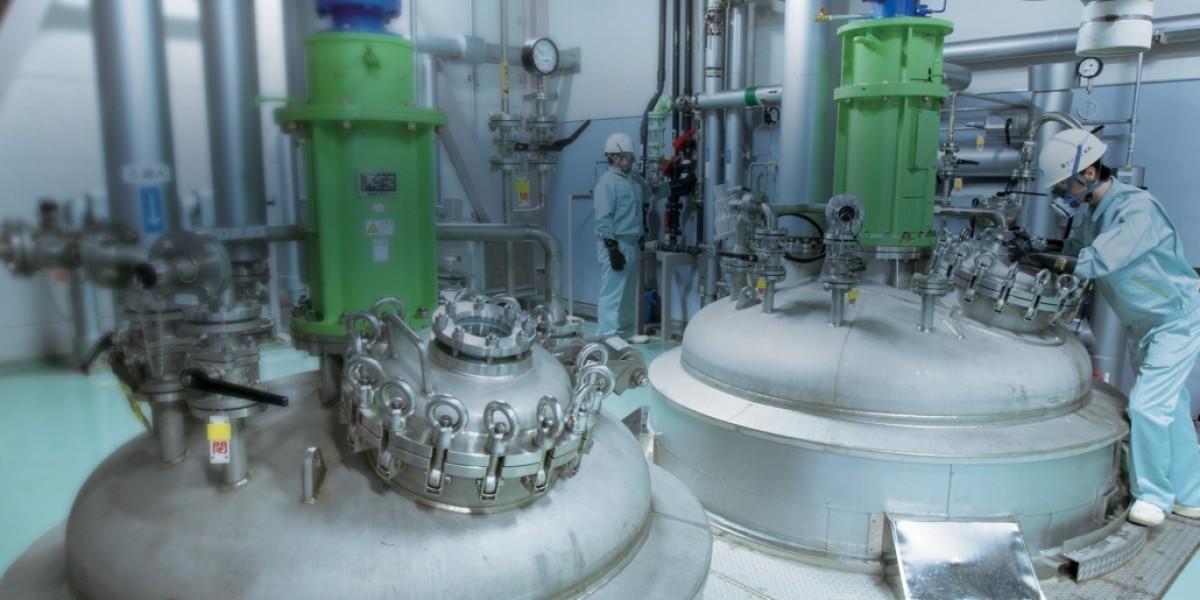What is Chemical Contract Manufacturing?
Chemical contract manufacturing involves outsourcing the production of chemical products to a third-party manufacturer. These manufacturers have the necessary infrastructure, technology, and expertise to produce a wide range of chemical products, from simple compounds to complex formulations. By partnering with a contract manufacturer, businesses can focus on their core competencies such as research and development, marketing, and sales, while leaving the production to experts.
Benefits of Chemical Contract Manufacturing
- Cost Efficiency: One of the primary advantages of chemical contract manufacturing is cost savings. Setting up and maintaining a chemical manufacturing facility requires significant investment in equipment, personnel, and regulatory compliance. Contract manufacturers, with their established facilities and economies of scale, can offer competitive pricing, allowing companies to save on capital and operational expenditures.
- Access to Expertise and Technology: Contract manufacturers are specialized entities with extensive experience and expertise in chemical production. They are equipped with state-of-the-art technology and adhere to stringent quality control measures. Partnering with these experts ensures that the final product meets the highest industry standards and regulatory requirements.
- Flexibility and Scalability: Chemical contract manufacturing provides businesses with the flexibility to scale production up or down based on market demand. Whether it's a small batch for a pilot project or large-scale production for commercial purposes, contract manufacturers can adjust their operations accordingly. This scalability is particularly beneficial for companies dealing with seasonal products or fluctuating market conditions.
- Faster Time to Market: Speed is a critical factor in the competitive chemical industry. Contract manufacturers have streamlined processes and established supply chains, enabling faster production and delivery of chemical products. This accelerated time to market gives businesses a competitive edge and allows them to respond swiftly to market opportunities.
The Chemical Contract Manufacturing Process
The process of chemical contract manufacturing involves several key steps:
- Project Planning and Consultation: The contract manufacturer works closely with the client to understand their specific requirements, including product specifications, quantity, and timeline. Detailed project planning ensures that all aspects of production are thoroughly addressed.
- Formulation and Development: Depending on the client's needs, the contract manufacturer may be involved in the formulation and development of the chemical product. This phase includes research, testing, and optimization to ensure the desired properties and performance of the product.
- Production and Quality Control: Once the formulation is finalized, the production phase begins. Contract manufacturers utilize advanced equipment and processes to ensure consistent quality and adherence to regulatory standards. Rigorous quality control measures are implemented at every stage of production to guarantee the integrity of the final product.
- Packaging and Logistics: After production, the chemical products are packaged according to the client's specifications. Contract manufacturers often provide comprehensive logistics services, including storage, transportation, and distribution, ensuring timely delivery to the end customer.
Applications of Chemical Contract Manufacturing
Chemical contract manufacturing is utilized across various industries, including pharmaceuticals, agrochemicals, cosmetics, and industrial chemicals. Some common applications include:
- Pharmaceuticals: Production of active pharmaceutical ingredients (APIs) and intermediates, as well as formulation and packaging of finished dosage forms.
- Agrochemicals: Manufacturing of pesticides, herbicides, and fertilizers to support agricultural productivity.
- Cosmetics: Production of skincare, haircare, and personal care products with precise formulations and high-quality standards.
- Industrial Chemicals: Manufacturing of specialty chemicals, lubricants, and polymers for various industrial applications.
Conclusion
Chemical contract manufacturing is a strategic solution that offers numerous benefits to businesses in the chemical industry. By leveraging the expertise, technology, and scalability of contract manufacturers, companies can achieve cost savings, maintain high-quality standards, and accelerate their time to market. Whether it's pharmaceuticals, agrochemicals, cosmetics, or industrial chemicals, the applications of chemical contract manufacturing are vast and varied, making it an indispensable component of modern chemical production.
Embracing chemical contract manufacturing not only enhances operational efficiency but also allows businesses to focus on innovation and growth, driving success in an increasingly competitive market.








